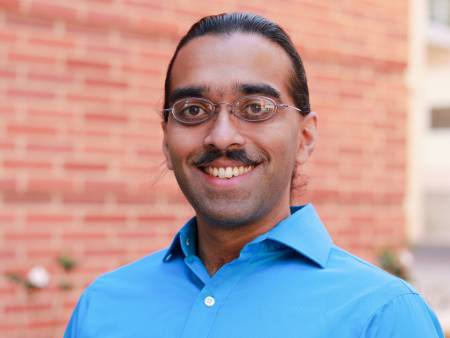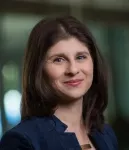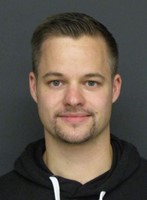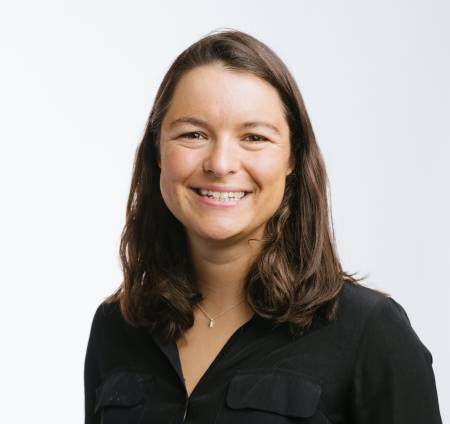Seminar
Towards $1 robots
Abstract: Robots are pretty great -- they can make some hard tasks easy, some dangerous tasks safe, or some unthinkable tasks possible. And they're just plain fun to boot. But how many robots have you interacted with recently? And where do you think that puts you compared to the rest of the world's people? In [...]
Mental models for 3D modeling and generation
Abstract: Humans have extraordinary capabilities of comprehending and reasoning about our 3D visual world. One particular reason is that when looking at an object or a scene, not only can we see the visible surface, but we can also hallucinate the invisible parts - the amodal structure, appearance, affordance, etc. We have accumulated thousands of [...]
What (else) can you do with a robotics degree?
Abstract: In 2004, half-way through my robotics Ph.D., I had a panic-inducing thought: What if I don’t want to build robots for the rest of my life? What can I do with this degree?! Nearly twenty years later, I have some answers: tackle climate change in Latin America, educate Congress about autonomous vehicles, improve how [...]
Complete Codec Telepresence
Abstract: Imagine two people, each of them within their own home, being able to communicate and interact virtually with each other as if they are both present in the same shared physical space. Enabling such an experience, i.e., building a telepresence system that is indistinguishable from reality, is one of the goals of Reality Labs [...]
R.I.P ohyay: experiences building online virtual experiences during the pandemic: what works, what hasn’t, and what we need in the future
Abstract: During the pandemic I helped design ohyay (https://ohyay.co), a creative tool for making and hosting highly customized video-based virtual events. Since Fall 2020 I have personally designed many online events: ranging from classroom activities (lectures, small group work, poster sessions, technical papers PC meetings), to conferences, to virtual offices, to holiday parties involving 100's [...]
Physics-informed image translation
Abstract: Generative Adversarial Networks (GANs) have shown remarkable performances in image translation, being able to map source input images to target domains (e.g. from male to female, day to night, etc.). However, their performances may be limited by insufficient supervision, which may be challenging to obtain. In this talk, I will present our recent works [...]
Robots Should Reduce, Reuse, and Recycle
Abstract: Despite numerous successes in deep robotic learning over the past decade, the generalization and versatility of robots across environments and tasks has remained a major challenge. This is because much of reinforcement and imitation learning research trains agents from scratch in a single or a few environments, training special-purpose policies from special-purpose datasets. In [...]
Weak Multi-modal Supervision for Object Detection and Persuasive Media
Abstract: The diversity of visual content available on the web presents new challenges and opportunities for computer vision models. In this talk, I present our work on learning object detection models from potentially noisy multi-modal data, retrieving complementary content across modalities, transferring reasoning models across dataset boundaries, and recognizing objects in non-photorealistic media. While the [...]
Machine Learning and Model Predictive Control for Adaptive Robotic Systems
Abstract: In this talk I will discuss several different ways in which ideas from machine learning and model predictive control (MPC) can be combined to build intelligent, adaptive robotic systems. I’ll begin by showing how to learn models for MPC that perform well on a given control task. Next, I’ll introduce an online learning perspective on [...]
Towards more effective remote execution of exploration operations using multimodal interfaces
Abstract: Remote robots enable humans to explore and interact with environments while keeping them safe from existing harsh conditions (e.g., in search and rescue, deep sea or planetary exploration scenarios). However, the gap between the control station and the remote robot presents several challenges (e.g., situation awareness, cognitive load, perception, latency) for effective teleoperation. Multimodal [...]









